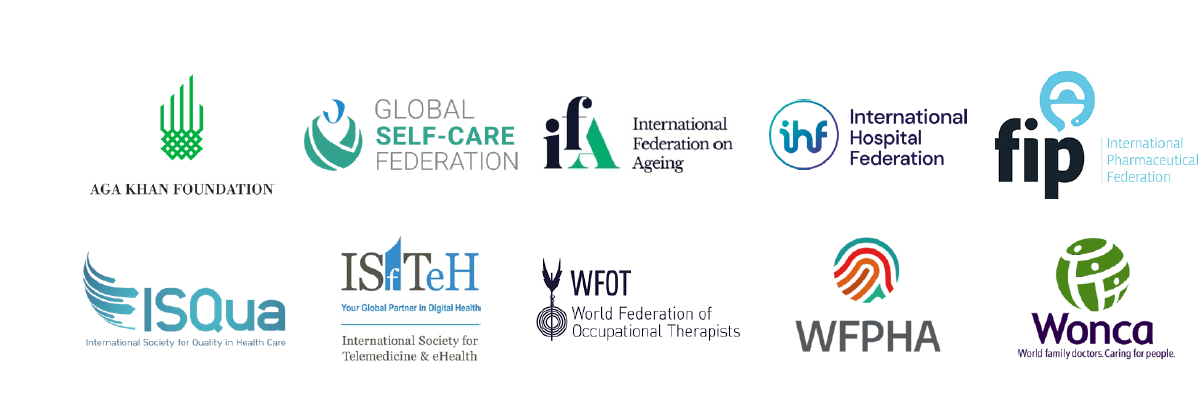WHA76: Constituency Statement on Universal health coverage (Agenda item13.1)

Constituency Statement on Universal health coverage: Reorienting health systems to primary health care as a resilient foundation for universal health coverage and preparations for a high-level meeting of the United Nations General Assembly on universal health coverage
Geneva, 22 May 2023
Download Statement
Universal Health Coverage (UHC) targets will remain unmet unless urgent steps are taken to strengthen health care by focusing on primary health care (PHC) and promoting self-care.
Strong PHC:
• Is central to achieving UHC as stated in the 2018 Astana declaration.
• Is the cornerstone of resilient health systems.
• Results in better health outcomes at lower cost when adequately resourced.
• Provides frontline multiprofessional health worker teams committed to UHC.
Strong self-care:
• Leads to more sustainable health systems.
• Improves health literacy to inform and empower individuals to make their own decisions.
• Increases awareness of social and economic value of self-management and self-monitoring.
• Optimizes time spent on patient interactions and use of limited healthcare resources.
The COVID-19 pandemic disrupted progress towards UHC. Failure to prioritize PHC increased public health risks. The focus on inadequate hospital-based health systems led to fragmented care, crucial shortfalls in PHC
services and increased inequity. Self-care by empowering self-management and self-monitoring had a pivotal role in increasing individual and collective ownership of health decisions and actions. Combining self-care with stronger PHC systems is crucial for UHC.
Now is the time to unite the leadership of all patient advocacy and health professional organizations to invest in health promotion, prevent disease and improve the management of non-communicable diseases.
Integrated multidisciplinary PHC teamwork offers more efficient care and helps address human resource shortage, especially in lower-middle income countries (LMICs) and rural communities.
The UHC Health Care Leadership model (HLM) offers opportunities for policymakers to embed self-care concepts into stronger PHC environments for all stakeholders to fulfil their responsibilities.
We urge Member States, the WHO and NSAs to support the call to:
1. Emphasize the urgent need to refocus on UHC.
2. Renew the commitment to comprehensive PHC as key to achieving this.
3. Support full integration of self-care into health systems to benefit individuals and society.
4. Work together to promote inter-professional and interdisciplinary PHC teamwork.
5. Create resilient PHC services where self-care is nurtured and no discipline works in isolation.
Non-State Actors supporting this statement:
1. Aga Khan Foundation
2. Global Self-Care Federation
3. International Federation on Ageing (IFA)
4. International Hospital Federation (IHF)
5. International Pharmaceutical Federation (FIP)
6. International Society for Quality in Health Care (ISQua)
7. International Society for Telemedicine and eHealth (ISfTeH)
8. World Federation of Occupational Therapists (WFOT)
9. World Federation of Public Health Associations (WFPHA)
10. World Organization of Family Doctors (WONCA)